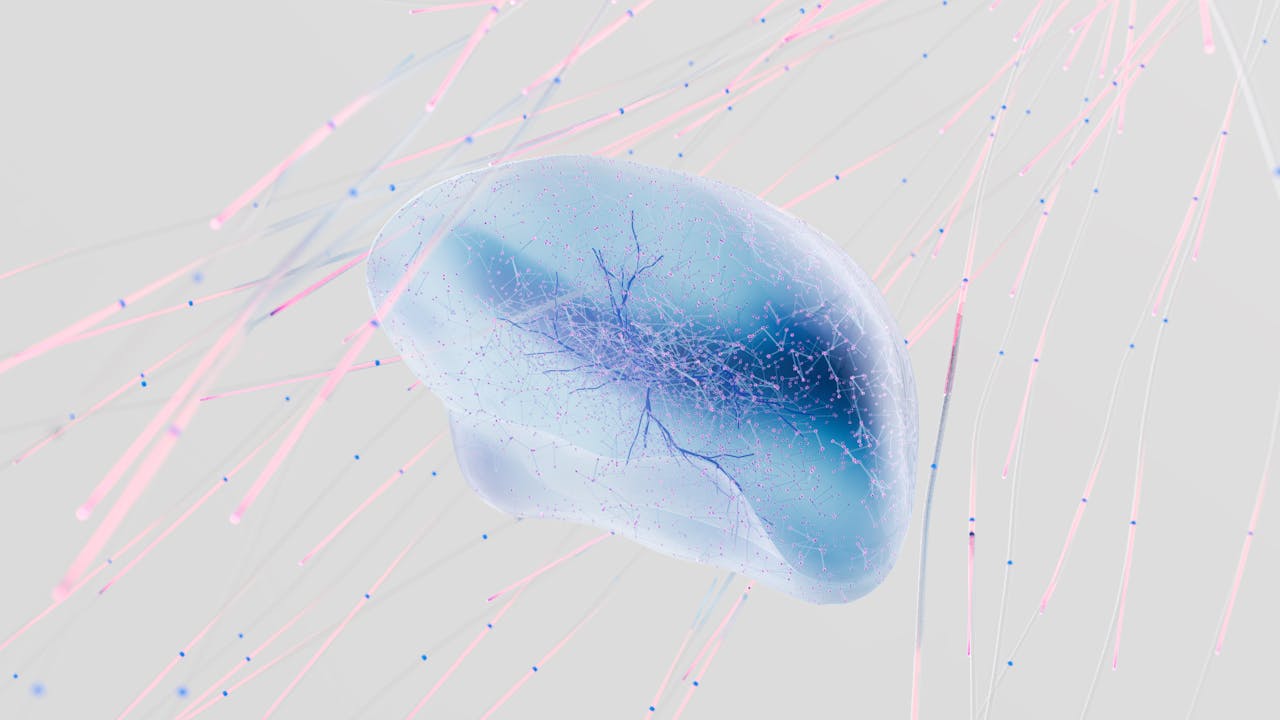Mental Health
Choline Intake During Pregnancy May Affect How a Child Responds to Stress
You might want to blame your mother for what she ate-or didn't eat- for you being sick from stress. Researchers have suggested that choline supplementation in pregnant women lowers cortisol in the baby by changing epigenetic expression of genes involved in cortisol production.
The report will be published in the August 2012 issue of The FASEB Journal (https://www.fasebj.org).
The report shows that choline intake that is higher than what is generally recommended during pregnancy may improve how a child responds to stress. These improvements are the result of epigenetic changes that ultimately lead to lower cortisol levels. Epigenetic changes affect how a gene functions, even if the gene itself is not changed. Lowering cortisol is important as high levels of cortisol are linked to a wide range of problems ranging from mental health to metabolic and cardiovascular disorders.
Choline is taken by pregnant women to prevent neural tube defects in their babies and it is used as a supplement in infant formulas. Choline is similar to the B vitamins and can be made in the liver. It is also found in foods such as liver, muscle meats, fish, nuts, beans, peas, spinach, wheat germ, and eggs. It is used for liver disease, including chronic hepatitis, depression, memory loss, and Alzheimer's disease.
Researcher Marie Caudill from Cornell University said that she hopes the data will inform the development of choline intake recommendations for pregnant women that ensure optimal fetal development and reduce the risk of stress-related diseases throughout the life of the child.
Caudill and her colleagues conducted a 12-week study involving pregnant women in their third trimester who consumed either the control diet providing 480 mg choline per day, a level that approximates current dietary recommendations, or the treatment diet which provided 930 mg choline per day. Maternal blood, cord blood and placenta tissue were collected to measure the blood levels of cortisol, the expression levels of genes that regulate cortisol, and the number of methyl groups attached to the DNA of the cortisol regulating genes (the epigenetic changes). Those from mothers who consumed the higher levels of choline showed reduced levels of cortisol.
"Depending on the relationship, one's mother can either produce stress or relieve it," said Gerald Weissmann, M.D., Editor-in-Chief of The FASEB Journal. "This report shows that her effect on stress begins even before birth. The importance of choline cannot be overstated as we continue to unravel the role it plays in human health and development."









Join the Conversation